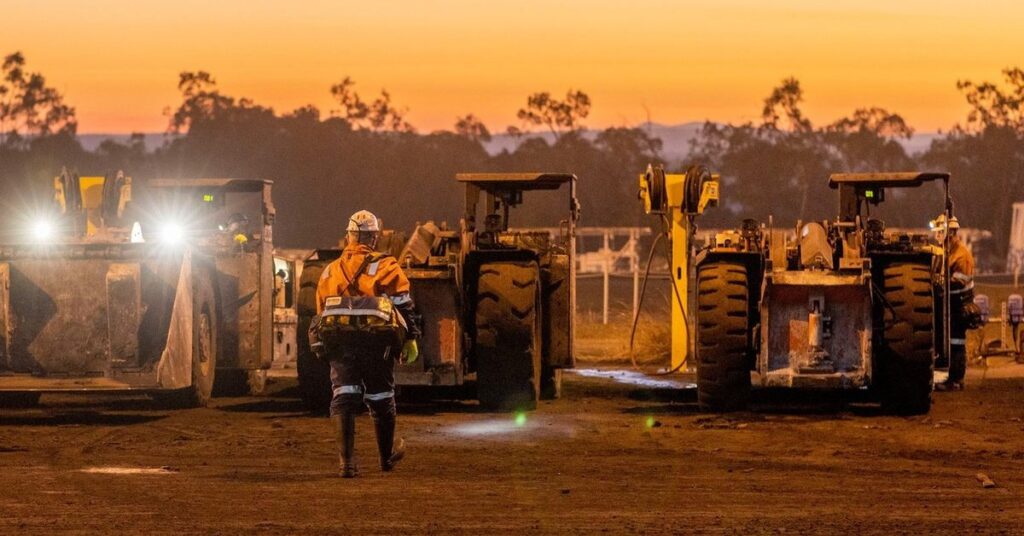
In a significant development for Australia’s mining sector, Anglo American has joined BHP in announcing substantial job cuts in Queensland. This move comes as the industry grapples with the state’s controversial royalties regime. Anglo American Australia has confirmed that over 200 positions will be affected, primarily at its Brisbane site, with additional impacts on its Central Queensland operations.
The decision follows a comprehensive review by the company in response to “ongoing market pressures.” According to Ben Mansour, Vice President of Anglo American Australia, some of the reductions were achieved through voluntary redundancies, including at the Grosvenor underground coal mine, which has been closed since a fire incident last June. Mansour emphasized the company’s commitment to supporting affected employees through outplacement services and wellbeing support.
“A substantial proportion of reductions have been achieved through voluntary redundancy, and we are committed to supporting our people through this transition,” said Ben Mansour.
Industry-Wide Impact
This announcement closely follows BHP Mitsubishi Alliance’s (BMA) decision to cut 750 jobs across Queensland. BMA plans to mothball operations at Saraji South in Dysart and review the viability of its FutureFit Academy in Mackay. The mining giant attributes its decision to the state government’s “unsustainable” coal royalty rates, which it claims are exacerbating broader market conditions.
“The simple fact is the Queensland coal industry is approaching a crisis point,” stated BMA asset president Adam Lancey. “This is now having real impacts on regional jobs, communities, and small businesses.”
The royalty system in question is a tiered structure that captures a percentage of business returns, with coal contributing billions in revenue for Queensland. Despite industry backlash, Premier David Crisafulli has maintained the current regime, inherited from the former Miles government, will remain unchanged until at least 2029-30.
Government Stance and Response
Queensland’s Treasurer and Energy Minister, David Janetzki, confirmed there are no plans to alter the royalty system but hinted at upcoming announcements regarding investment in the mining sector. Deputy Premier Jarrod Bleijie reiterated that the government is not at odds with the mining sector and emphasized the LNP’s commitment to maintaining the current regime, as promised during their election campaign.
“We’ve stuck by the election commitment, so it’s no surprise to BHP, a multibillion-dollar company,” stated Deputy Premier Jarrod Bleijie.
Isaac Regional Council Mayor Kelly Vea Vea, whose jurisdiction includes the affected areas of Grosvenor and Dysart, criticized the state for its handling of the situation. She highlighted the significant impact on local communities, which are closely tied to the mining industry.
“What we’ve seen is companies take large shots across the table at a state government that feels like they have their hands over their ears,” Mayor Kelly Vea Vea commented.
Union and Industry Reactions
The Mining Energy Union (MEU) has also voiced its concerns, accusing BHP of using workers as leverage in its dispute with the state government. MEU Queensland President Mitch Hughes called for transparency and stability for workers.
“BHP should stop using coal workers and communities as pawns in its fight with the Queensland Government over royalties,” said Mitch Hughes.
The unfolding situation has sparked widespread debate about the future of Queensland’s mining sector and its economic implications. As the state government and mining companies navigate this contentious issue, the impact on jobs, regional communities, and the broader economy remains a critical concern.
As developments continue, stakeholders across the industry and government will be closely monitoring the situation, with potential policy adjustments and further corporate decisions likely to shape the future landscape of mining in Queensland.







